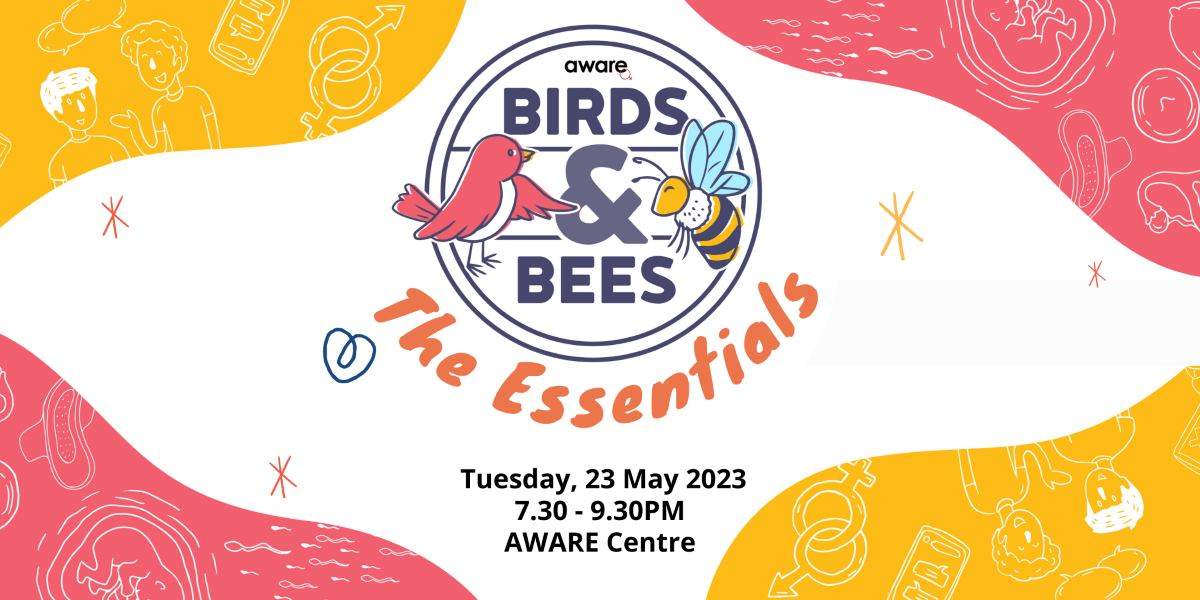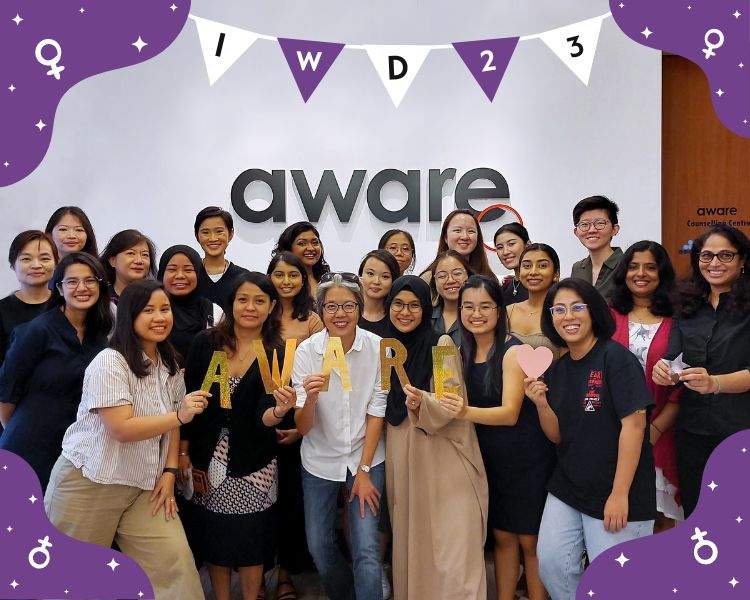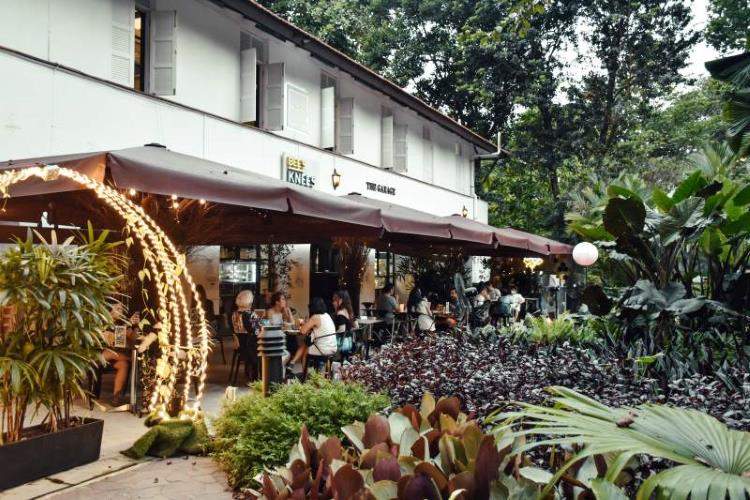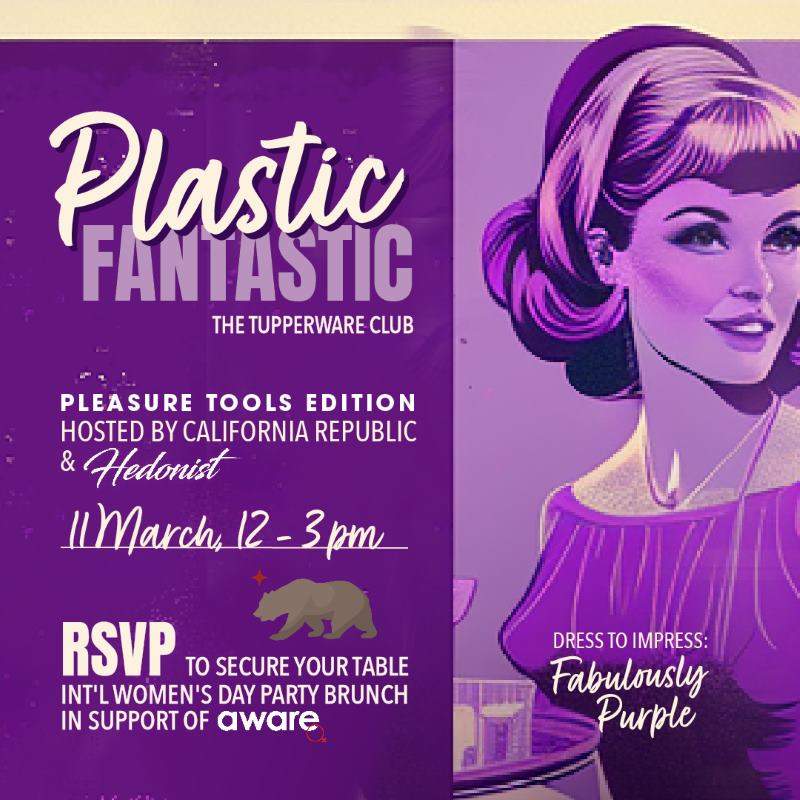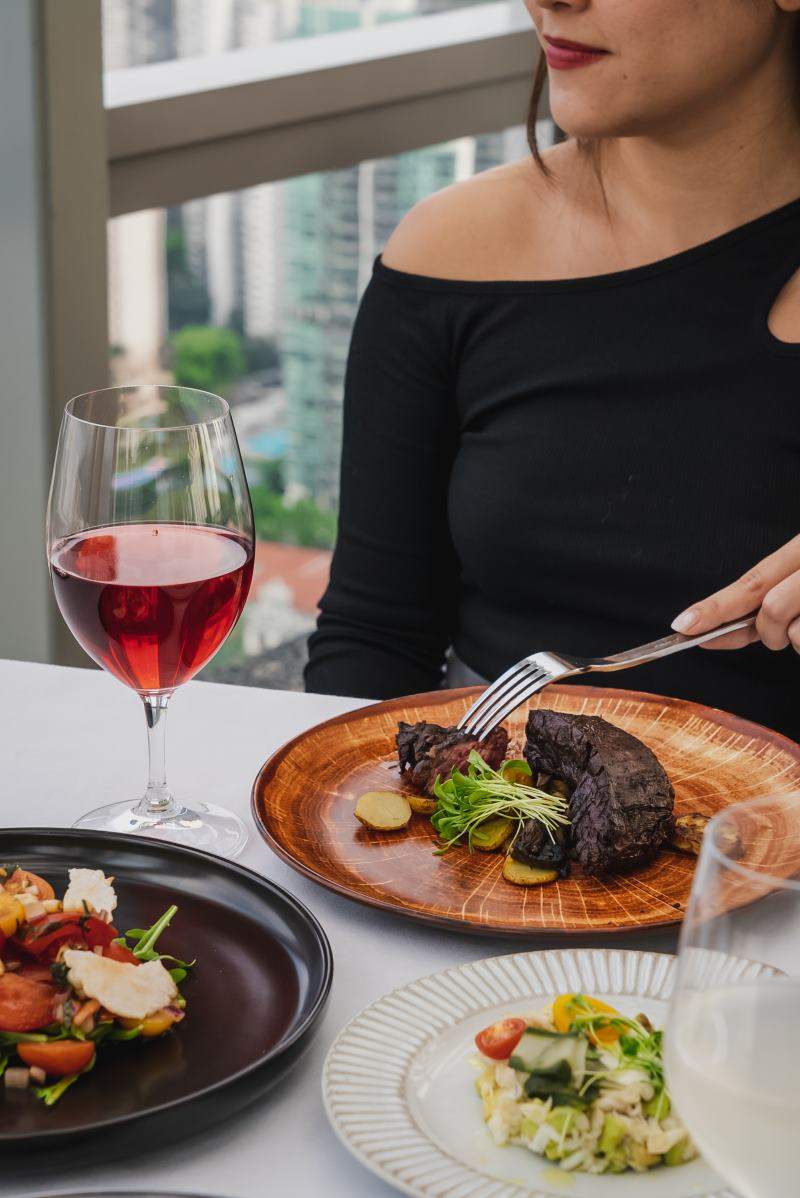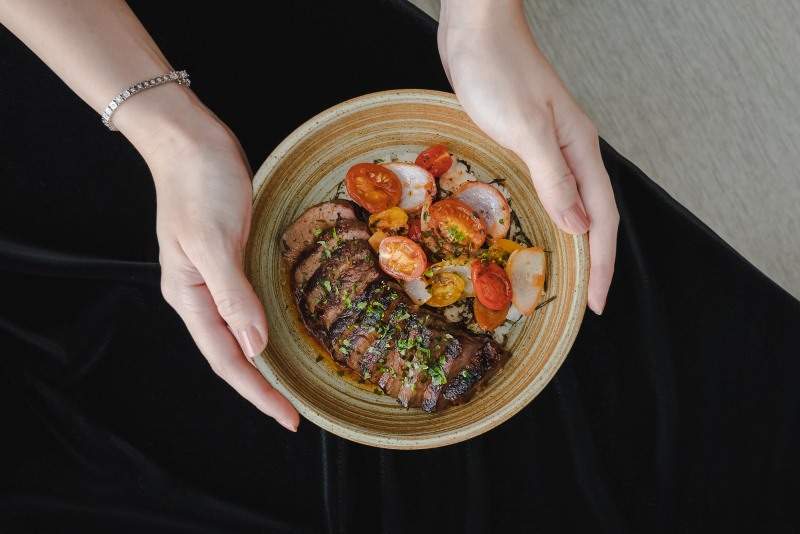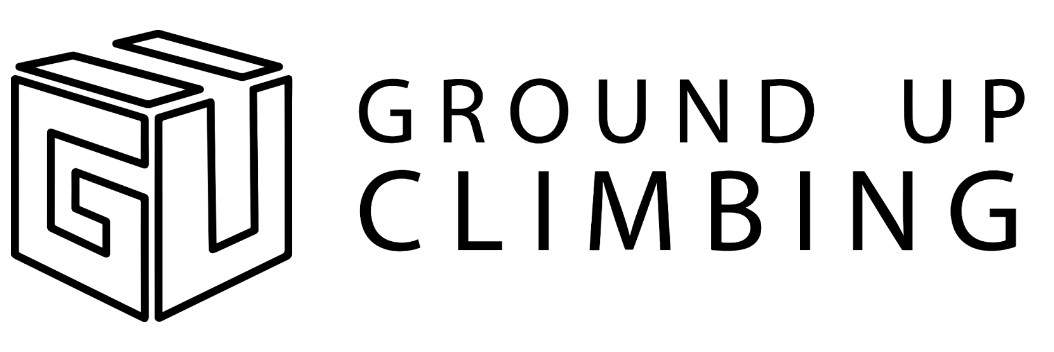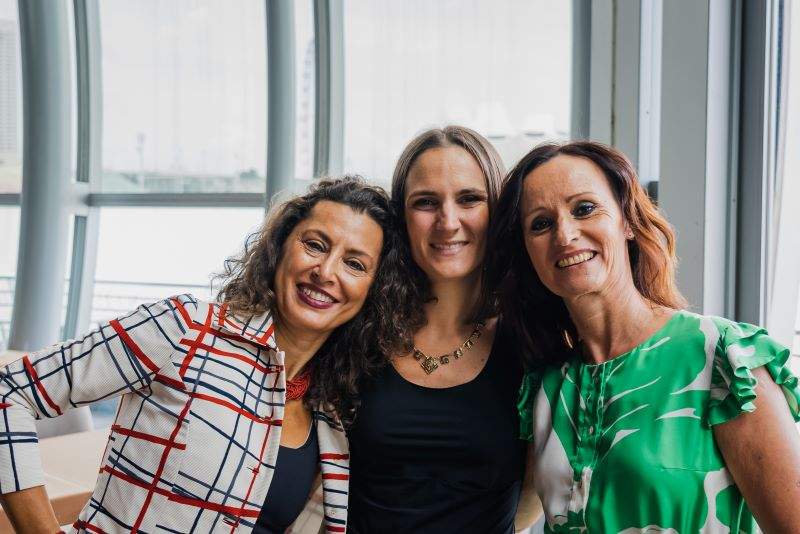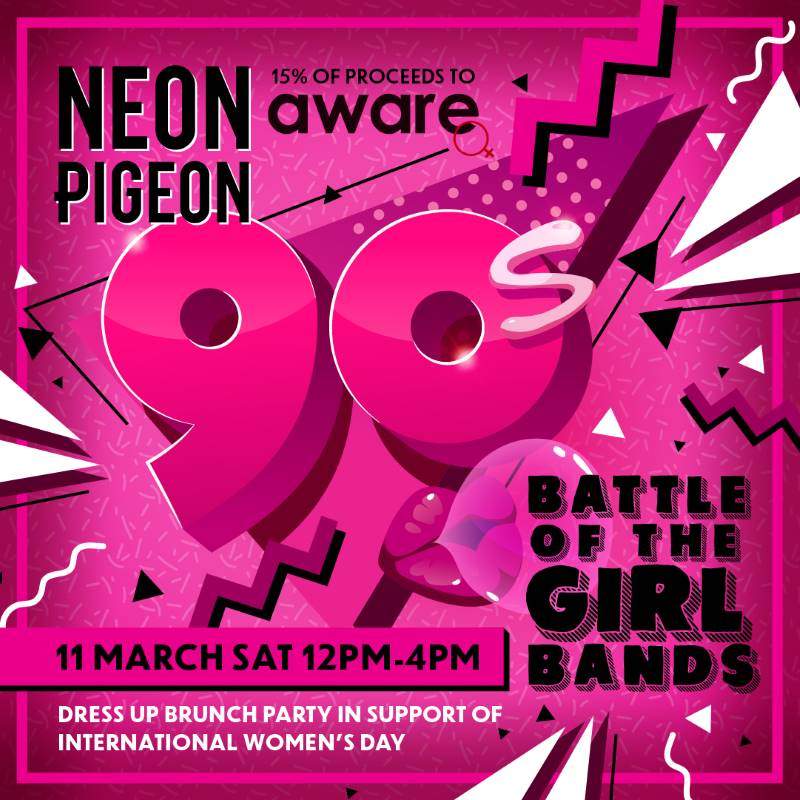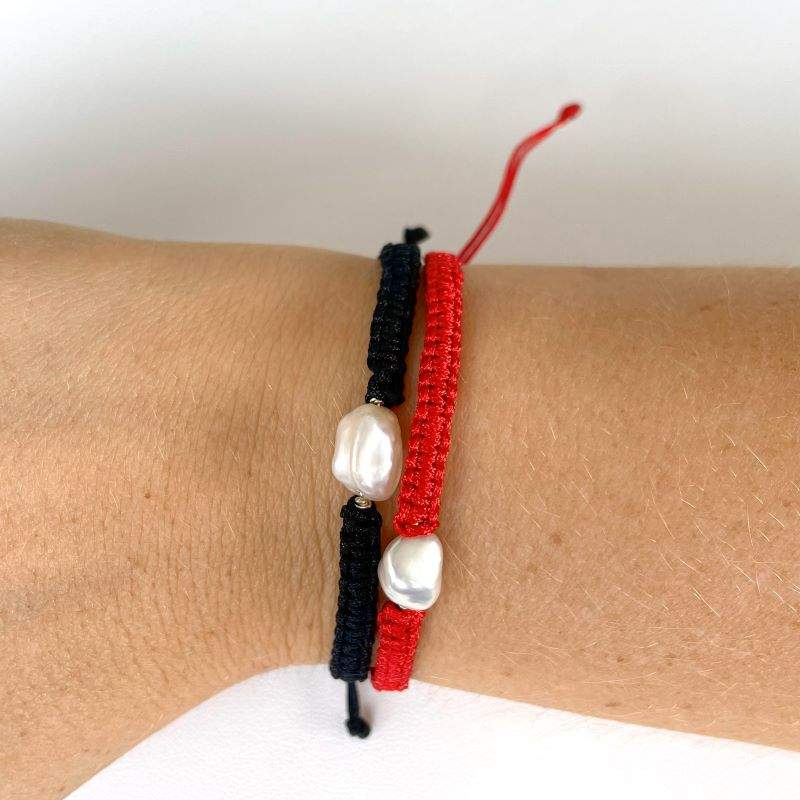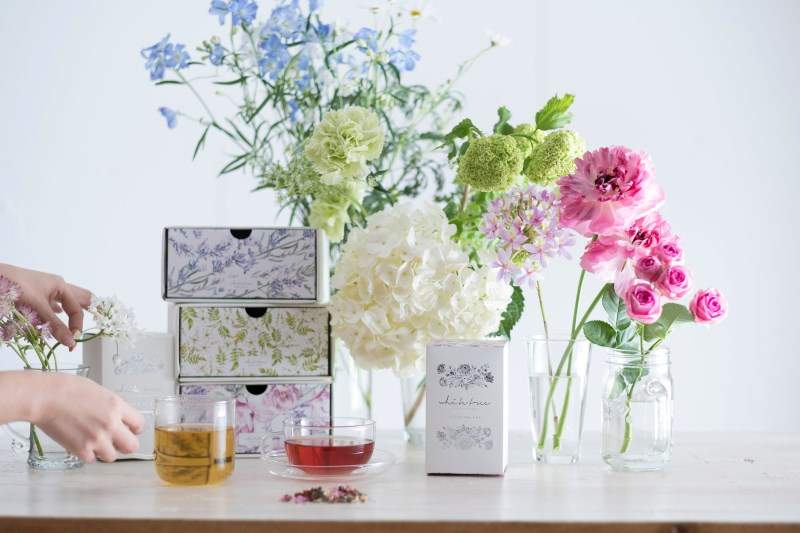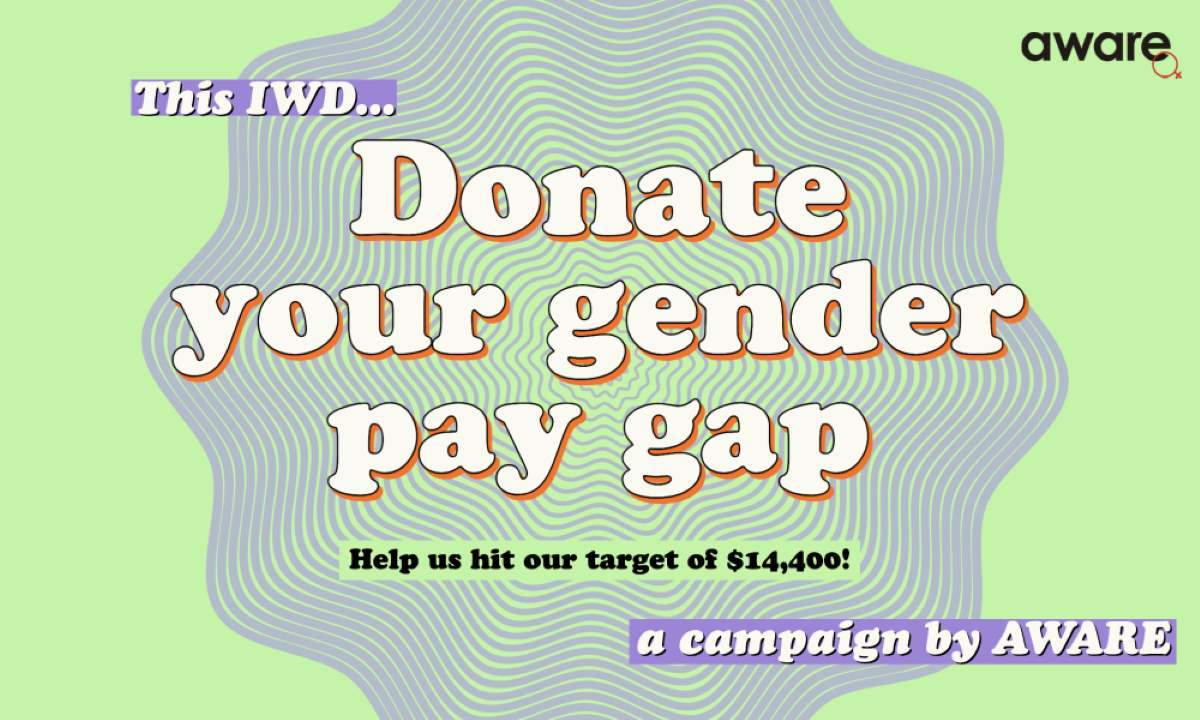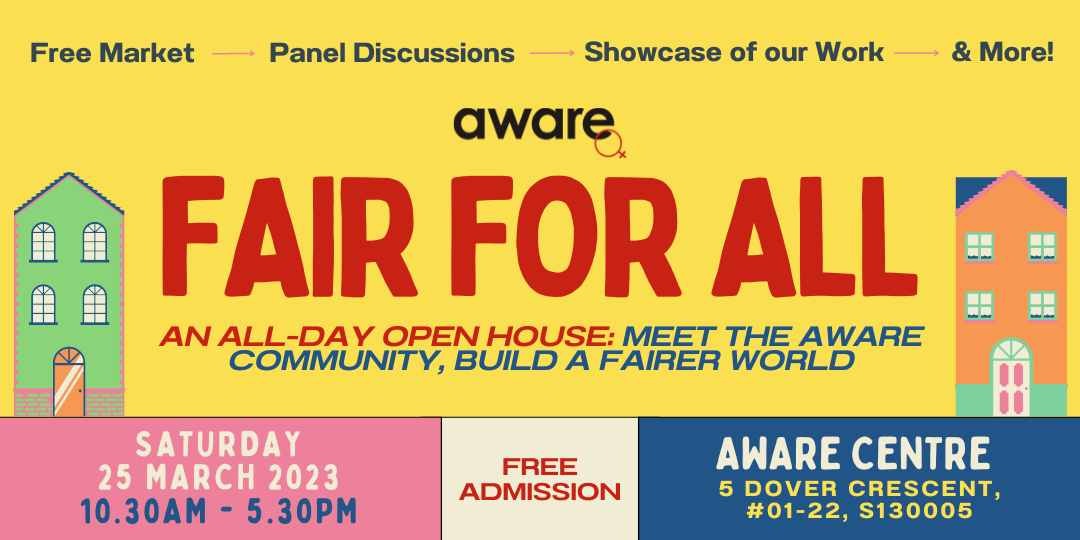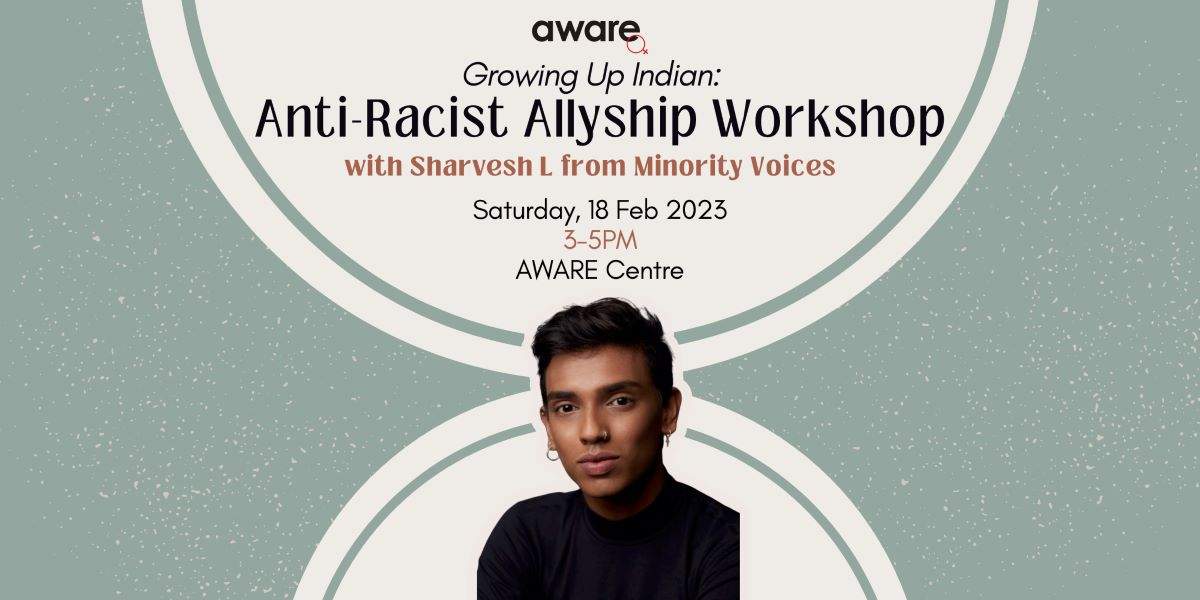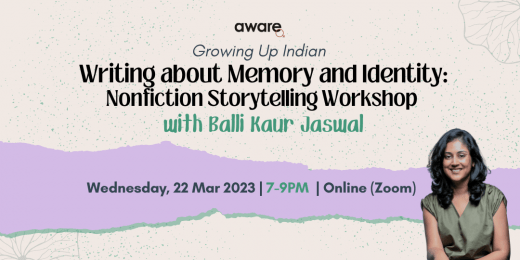
This post was originally published as a press release on 7 March 2023.
7 March 2023 – Singapore’s upcoming Workplace Fairness legislation must explicitly define discrimination; include sexual orientation, gender identity and gender expression (SOGIE) in addition to other protected characteristics; and protect all workers against workplace harassment and bullying.
These were the primary recommendations made today in gender equality organisation AWARE’s response to the interim report by the Tripartite Committee on Workplace Fairness, released in February. The Tripartite Committee, which convened in July 2021 to review Singapore’s workplace fairness framework, put forward in the report its recommendations following consultations with workers, employers, human resource practitioners and non-governmental organisations.
AWARE’s position on workplace discrimination and further recommendations are also detailed in the group’s new position paper, titled “Beyond Fairness: A legal framework for anti-discrimination in the workplace”.
AWARE’s latest anti-discrimination advocacy follows the organisation’s 2022 launch of Singapore’s first comprehensive survey on workplace discrimination, conducted with market research company Milieu Insight, which found that around 1 in 2 workers in Singapore had experienced workplace discrimination in the previous five years. The survey was rolled out in the wake of Prime Minister Lee Hsien Loong’s announcement, at the 2021 National Day Rally, that Singapore would enshrine its Tripartite Alliance for Fair & Progressive Employment Practices (TAFEP) guidelines into law.
“Workplace discrimination is an issue that we have long kept in our cross hairs,” said AWARE Executive Director Corinna Lim, “especially since 2019, when our Workplace Harassment and Discrimination Advisory began providing specialised support to workers. International Women’s Day is a timely occasion to review the upcoming anti-discrimination legislation, considering the profound impact it has on working women, including mothers, and other marginalised persons.”
In “Beyond Fairness”, AWARE identified various limitations of Singapore’s current measures against workplace discrimination. Notably, existing TAFEP guidelines do not explicitly define discrimination and instead simply set out a list of dos and don’ts. This provides only limited guidance for factual situations involving discrimination not covered in the list. AWARE also observed that the grounds on which discrimination is prohibited, as listed by TAFEP’s website, are age, race, gender, religion, disability, marital status and family responsibilities; the list excludes characteristics such as sexual orientation. Excluding those characteristics may discourage employees from reporting discrimination on those grounds because they are unsure if what they experience constitutes proscribed conduct.
“We know from our 2022 workplace discrimination survey that under-reporting of discrimination is a grave problem,” said Ms Lim. “Half of all discrimination victims did not file official complaints; 30 per cent of these workers said that they hesitated because they did not trust authorities to take commensurate action. It is imperative, therefore, that the government remove every possible barrier to reporting, including any lingering confusion about what grounds are ‘valid’ for discrimination.”
In its interim report, the Tripartite Committee on Workplace Fairness recommended prohibiting workplace discrimination on the grounds of nationality, sex, pregnancy status, mental health conditions, in addition to the existing TAFEP grounds. It also suggested prohibiting retaliation against those who report cases of workplace discrimination or harassment; and requiring employers to put in place grievance handling processes. These recommendations were all lauded by AWARE.
“It was encouraging that the Tripartite Committee on Workplace Fairness’s report reflected some of the issues previously raised by AWARE and other advocates against workplace discrimination,” said Ms Lim. “Yet we were disappointed that the Committee failed to address a number of other pressing concerns—such as the glaring exclusion of sexual orientation, gender identity and gender expression from the list of protected characteristics. Can the Committee assure the most marginalised in our society that they will be protected by the upcoming legislation? We look forward to further consultation with the government in this arena.”
Meanwhile, AWARE’s further recommendations for the Workplace Fairness legislation, as detailed in “Beyond Fairness”, include: expanding its coverage to encompass gig workers, independent contractors and contract workers, in addition to employees; covering a wider range of protected characteristics; explicitly prohibiting a range of errant conduct; placing a positive obligation on employers to foster safe work environments for employees; and exempting victims of discrimination and harassment from having to attempt mediation before filing claims with the Employment Claims Tribunal.
Read the full “Beyond Fairness: A legal framework for anti-discrimination in the workplace” position paper here and the executive summary here.
Read AWARE’s response to the Tripartite Committee on Workplace Fairness’s report.




